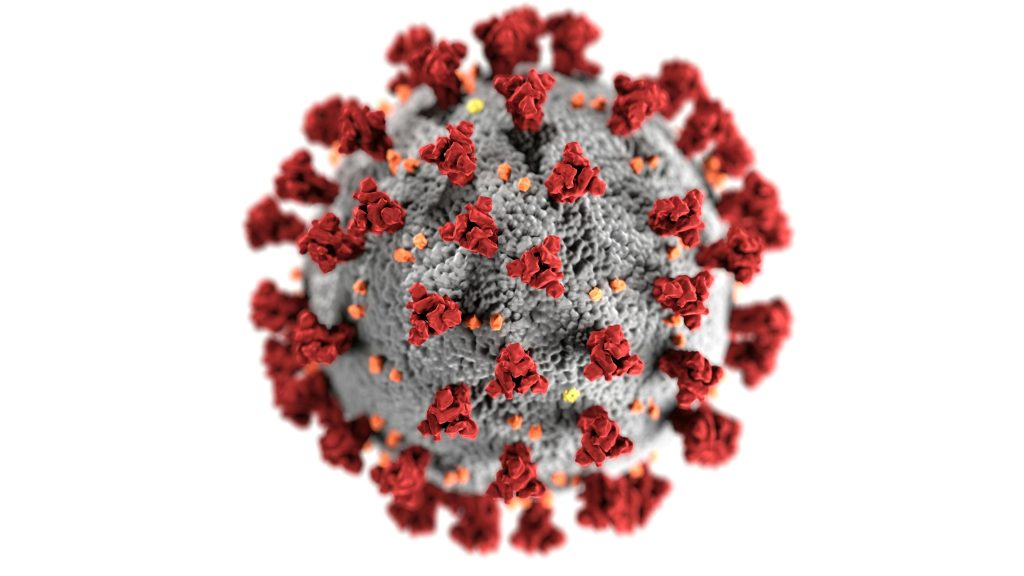As news of a new global virus continues to come in, scientists have issued warnings about West Nile Virus. In recent days, mosquitoes in Greene County, Missouri, USA, tested positive for West Nile Virus. Another mosquito was found to have contracted West Nile Virus in a region of Bexar County.
News continues to come from all over the world. The public health agency in Greece has issued warnings about West Nile Virus. According to the Turkish press, cases of ‘West Nile Virus’ have begun to appear in some cities in Turkey. Some scientists say it is more dangerous than the monkeypox virus.
What is West Nile Virus?
West Nile Virus (WNV) is a mosquito-borne virus that primarily affects birds but can also infect humans and other animals. It was first identified in 1937 in the West Nile region of Uganda. It has since spread around the world and has become a major public health concern, especially in areas where mosquito populations thrive. The virus is a member of the Flaviviridae family, which also includes other well-known viruses such as dengue, yellow fever and Zika.
West Nile Virus is transmitted to humans primarily through the bite of an infected mosquito, usually of the Culex species. These mosquitoes become infected after feeding on birds that carry the virus. Although most people infected with WNV do not show symptoms, some can develop serious and potentially life-threatening conditions, including neuroinvasive diseases such as encephalitis or meningitis.
West Nile Virus Symptoms and Signs
The symptoms of West Nile Virus can vary widely among individuals. Approximately 80% of people infected with the virus remain asymptomatic, meaning they do not experience any noticeable symptoms. However, for the 20% who do, the symptoms can range from mild to severe.
- Mild Symptoms:
- West Nile Fever: This is the most common manifestation and typically includes fever, headache, body aches, fatigue, and sometimes a rash known as the West Nile Virus rash. These symptoms usually appear between 2 to 14 days after being bitten by an infected mosquito and can last for several days to weeks.
- Severe Symptoms:
- In severe cases, the virus can invade the central nervous system, leading to neuroinvasive diseases. The first symptoms of West Nile Virus in such cases may include high fever, severe headache, neck stiffness, disorientation, tremors, convulsions, muscle weakness, paralysis, and coma. These severe symptoms are more likely to occur in older adults and individuals with weakened immune systems.
Causes of West Nile Virus Infection
West Nile Virus infection occurs when a person is bitten by a mosquito that is infected with the virus. Mosquitoes become carriers of the virus after feeding on infected birds. Birds are the primary hosts of the virus, and mosquitoes serve as the vector, transmitting the virus to humans and other animals.

There are several factors that increase the risk of West Nile Virus infection:
- Geographic Location: Areas with large mosquito populations, especially in warm climates, are at higher risk.
- Time of Year: WNV is more common during the late summer and early fall when mosquito activity is at its peak.
- Outdoor Activities: Spending time outdoors, especially during dusk and dawn when mosquitoes are most active, increases the risk of getting bitten by an infected mosquito.
Diagnosis of West Nile Virus
Diagnosing West Nile Virus can be challenging due to the wide range of symptoms, some of which are common to other illnesses. If a healthcare provider suspects WNV based on a patient’s symptoms and potential exposure to mosquitoes, they may order specific tests to confirm the diagnosis.
- Blood Tests: These tests can detect antibodies (IgM) to the WNVin the blood. The presence of these antibodies indicates a recent infection.
- Lumbar Puncture (Spinal Tap): In cases where neuroinvasive disease is suspected, a lumbar puncture may be performed to analyze the cerebrospinal fluid. This test can help identify inflammation in the brain or spinal cord, which is indicative of encephalitis or meningitis caused by the virus.
West Nile Virus Treatment
There is currently no specific West Nile Virus cure or antiviral treatment available for WNV. Treatment focuses on relieving symptoms and providing supportive care.
- Mild Cases: Most people with mild WNV symptoms recover on their own, without the need for medical intervention. Over-the-counter pain relievers such as ibuprofen or acetaminophen can be used to reduce fever and alleviate body aches.
- Severe Cases: For severe cases, particularly those involving neuroinvasive disease, hospitalization may be required. Treatment may include intravenous fluids, pain management, respiratory support, and other supportive care measures. In some cases, corticosteroids may be administered to reduce inflammation in the brain.
West Nile Virus Damages and Long-Term Effects
While most individuals recover fully from WNV, some may experience long-term effects, particularly those who had severe symptoms. The West Nile Virus damages to the central nervous system can result in prolonged health issues.
- Neurological Impairments: Individuals who develop encephalitis or meningitis due to WNV may suffer from long-term neurological impairments, including memory loss, muscle weakness, balance issues, and difficulty concentrating.
- Chronic Fatigue: Even after the acute phase of the illness has passed, some individuals report experiencing chronic fatigue, which can last for months or even years.
- Psychological Effects: The experience of severe illness and prolonged recovery can lead to anxiety, depression, and other psychological effects.
West Nile Virus Prevention
Preventing West Nile Virus infection primarily involves reducing exposure to mosquito bites. Here are some effective West Nile Virus prevention strategies:
- Use Insect Repellent: Apply insect repellent containing DEET, picaridin, or oil of lemon eucalyptus to exposed skin when spending time outdoors.
- Wear Protective Clothing: Long sleeves, pants, and socks can help reduce the amount of skin exposed to mosquito bites.
- Install Screens: Ensure that windows and doors have intact screens to prevent mosquitoes from entering your home.
- Eliminate Standing Water: Mosquitoes breed in standing water, so regularly empty and clean bird baths, flowerpots, and gutters to reduce mosquito populations around your home.
- Limit Outdoor Activities: Try to stay indoors during peak mosquito activity times, such as dusk and dawn.
While most cases of WNV are mild, the potential for severe and long-lasting effects underscores the importance of taking preventive measures. By staying informed and proactive, individuals can protect themselves and their loved ones from this mosquito-borne virus. Stay healthy and updated with MainPathway health guide.





